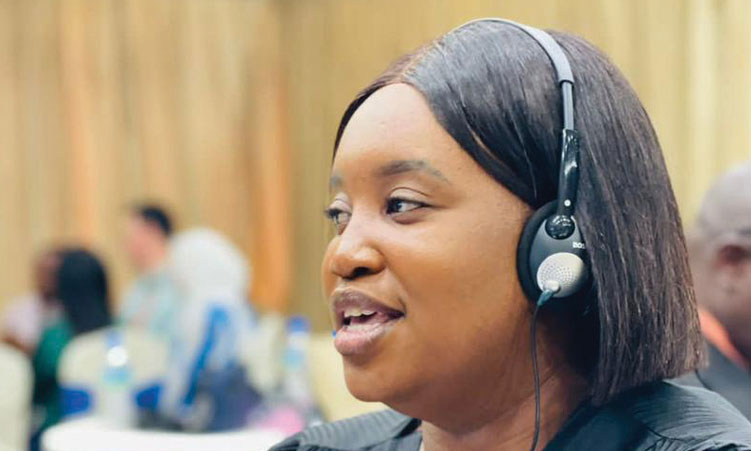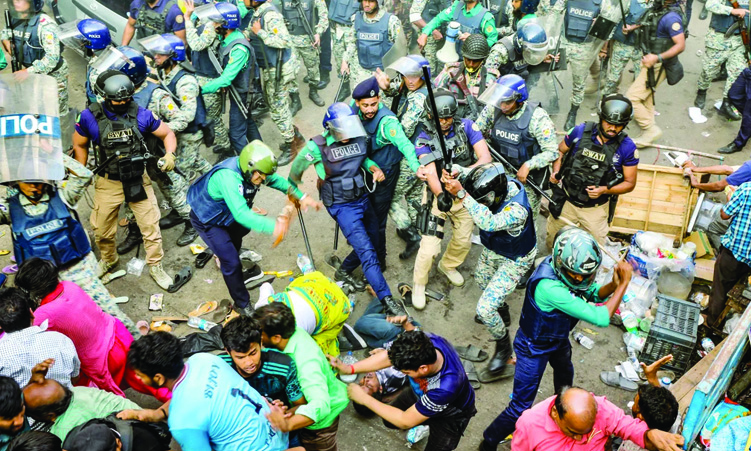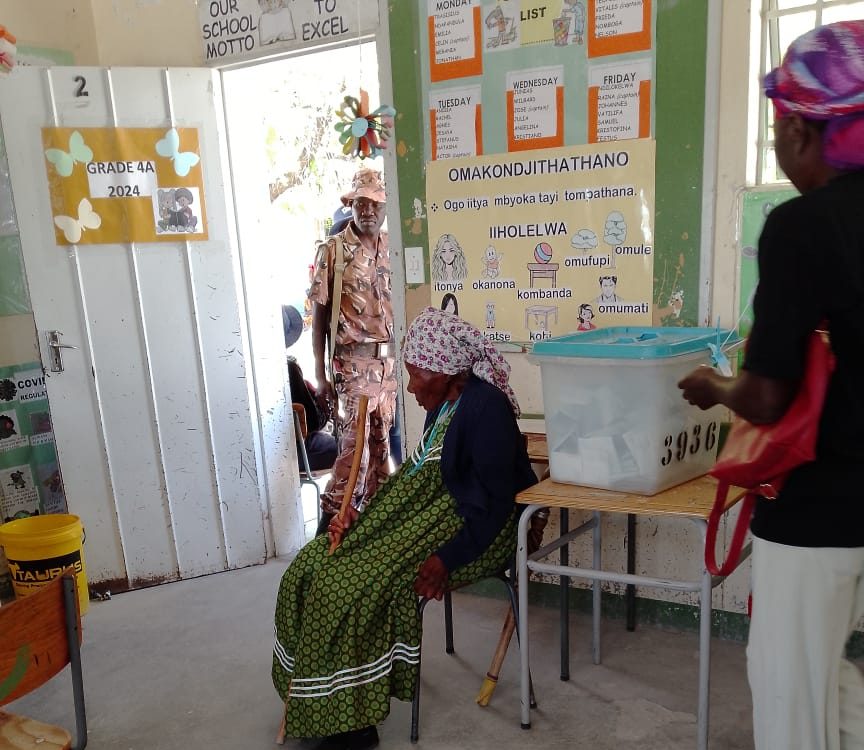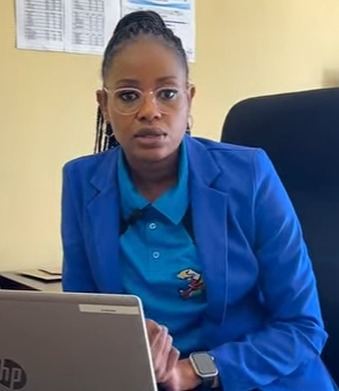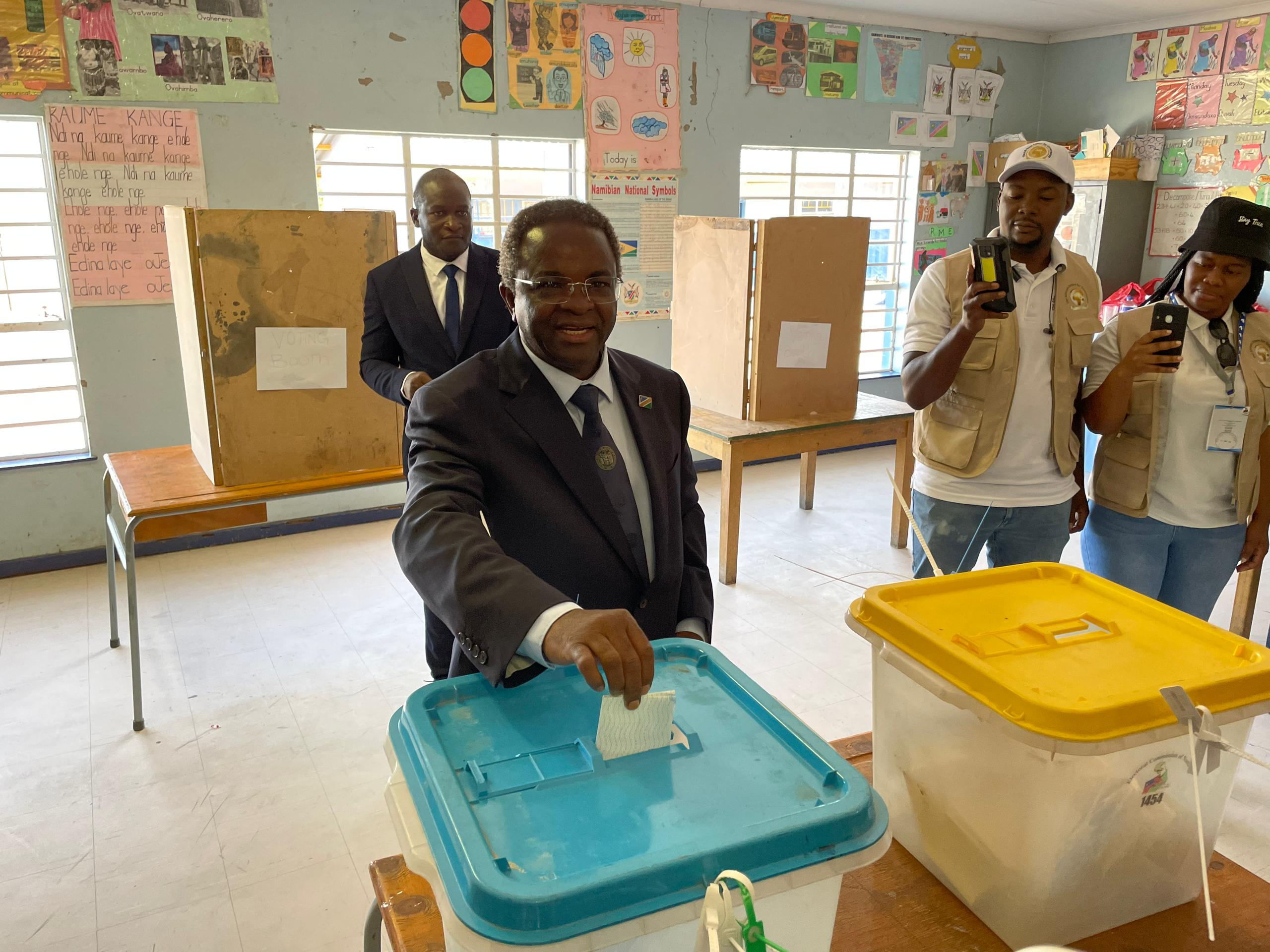Global Campaign for Education board member and former Namibia National Students Organisation president Esther Simon says young people are witnessing first-hand the devastating effects of conflict, natural disasters, and displacement.
She was speaking during the Global Advocacy Workshop on Education in Emergencies in Ethiopia last week.
The workshop aimed to capacitate young people on education amid emergencies.
“Young voices bring a unique perspective to the table and an unwavering belief in the power of education, as well as unyielding commitment to ensuring that every child has the opportunity to learn – even in times of crisis,” Simon said.
She said they used the platform to identify common needs, policy positions, and recommendations on the specific needs of young people and students in education during emergencies.
“As young people, we are ready to take the lead in advocating for education in emergencies and have equally been walking the talk by doing work within this scope.
“However, with all the work we have done, we equally remain cognisant of the broader impact we can have if we mainstream collaboration and partnership, and enhance intergenerational engagements, capacity building, skills and knowledge transfer, building more resilient and responsive education systems and empowering young people as active agents of change,” she said.
Simon said education is not only a fundamental right but also a catalyst for positive change and a pathway to empowerment.
“We recognise that education in emergencies must go beyond the provision of textbooks and classrooms.
“It must encompass holistic approaches that address the unique needs of children and young people in crisis situations, providing psychosocial support, promoting gender equality, and fostering inclusive environments that embrace diversity,” she said.
Simon said young people should be included in decision-making processes, and their capacity to contribute to innovative ideas, creative solutions, and a fresh perspective should be recognised.
The head of education at the workshop, Sophia Ashipala, said the rights of children and young people in quality education are never suspended during emergency situations and need to be protected.
“In times of crisis children suffer the most.
“Africa’s resilience has been tested from time to time through conflict, natural disasters and health crises,” she said.
Ashipala said the African Union has been making policy progress thanks to the Safe School Declaration.
“The strategy condemns the phenomenon of attacks on education and the use of children in armed conflict, as well as the high school dropout rate.
“The strategy recognises that teachers are key in ensuring peace and avoiding conflict,” she said.
– unWrap.online
Stay informed with The Namibian – your source for credible journalism. Get in-depth reporting and opinions for
only N$85 a month. Invest in journalism, invest in democracy –
Subscribe Now!


